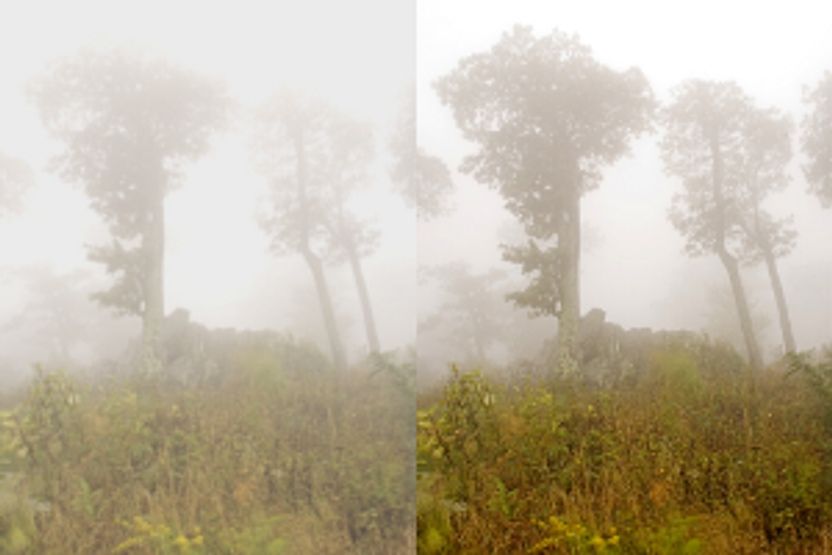Contrast Sensitivity and It’s Importance for Vision
Posted by EyePromise on Jan 7th 2021
When it comes to our eyes, it’s difficult to remember all the terminology that accompanies the amazing things they can do. Things like acuity, photophobia, and photostress recovery may seem complicated, but they’re the abilities that your eyes utilize every day to help you navigate the world. One of those important abilities that is less well known is called contrast sensitivity. Watch the video now.
What Is Contrast?
Let’s start with the definition. First, contrast is a word you’ve likely heard or seen before, and it’s the “difference in luminance or color that makes an object distinguishable.” Contrast helps your eyes decipher exactly what you’re looking at in your field of vision. If the contrast is high, that means the colors and brightness of the objects in your field of view differ greatly. If the contrast is low, it means that the objects in your view are very similar.
What Is Contrast Sensitivity and Why Does It Matter?

Contrast sensitivity is simply the measurement of how much differentiation is needed for you to see contrast. It’s best to go to an eye care professional to measure your contrast sensitivity. This is important in daily life because it helps you to identify objects that may not be outlined clearly and pick up on subtle details. Are you able to see that dark gray car on a foggy night? Can you pick out the granny smith apple among the pears easily?
Okay, so you’re probably not dropping a green apple into a barrel of pears too often (if ever). However, contrast is important for many things. Here are some real-life situations where contrast plays a big role:
- Determining if a shadow is an animal or an inanimate object
- Clearly seeing the phone number on a business card or box
- Seeing the slope of a hill for easy navigation and less fall risk
- Noticing a deer running through a field before it crosses the road, giving you time to slow down and avoid a collision

Improve Your Contrast Sensitivity
Unlike visual acuity (what eye doctors test using an eye chart), contrast sensitivity can’t be improved with corrective lenses. However, you can help your eyes see contrast better through nutrition. Science shows that getting at least 8 mg of zeaxanthin and 4 mg of lutein every day helps to increase contrast sensitivity, but you’d need to eat at least 20 ears of corn a day to meet that zeaxanthin amount! Therefore, many eye care providers recommend eye vitamins.
As the doctor trusted eye vitamin brand, EyePromise has a variety of eye health-specific products to choose from that meet these requirements. Take the quiz to see which EyePromise vitamin is right for you.

